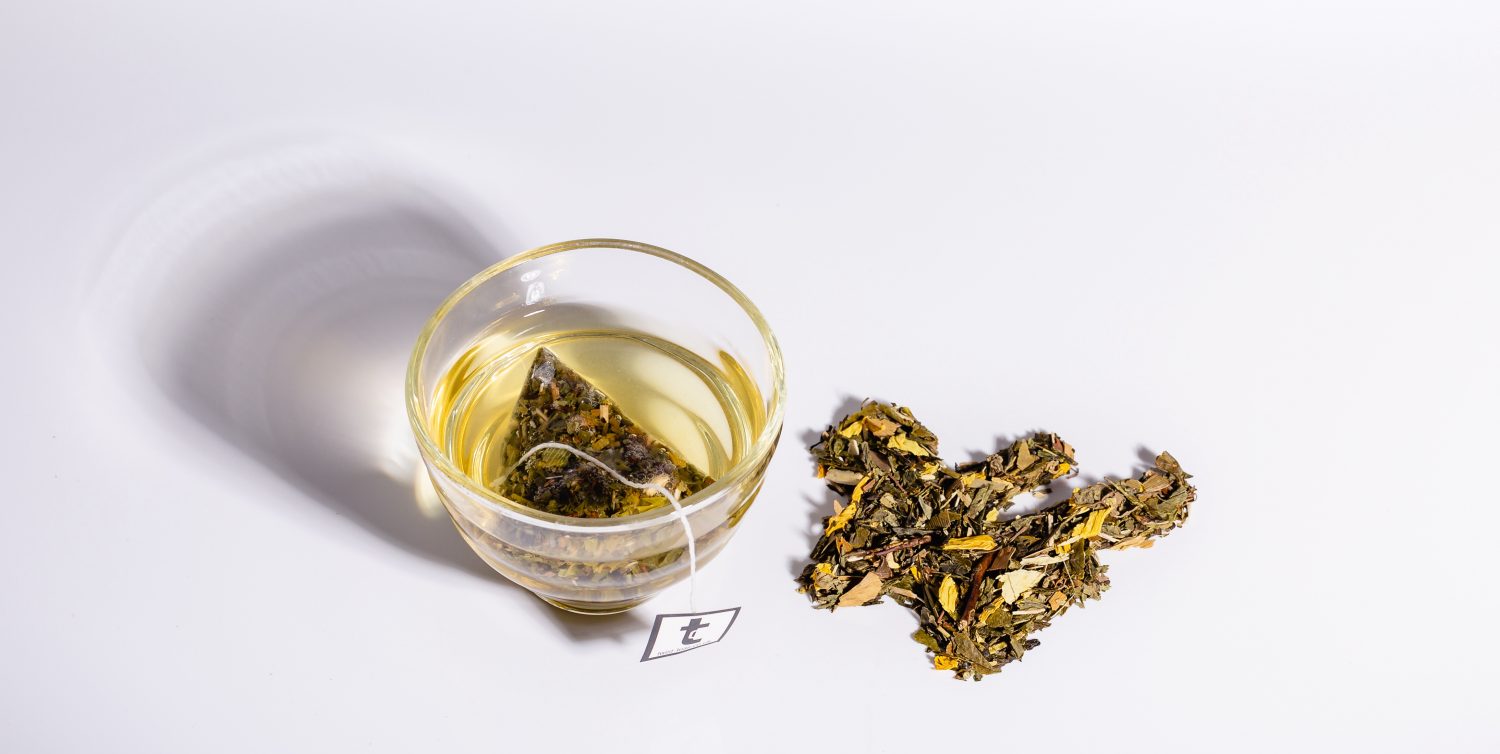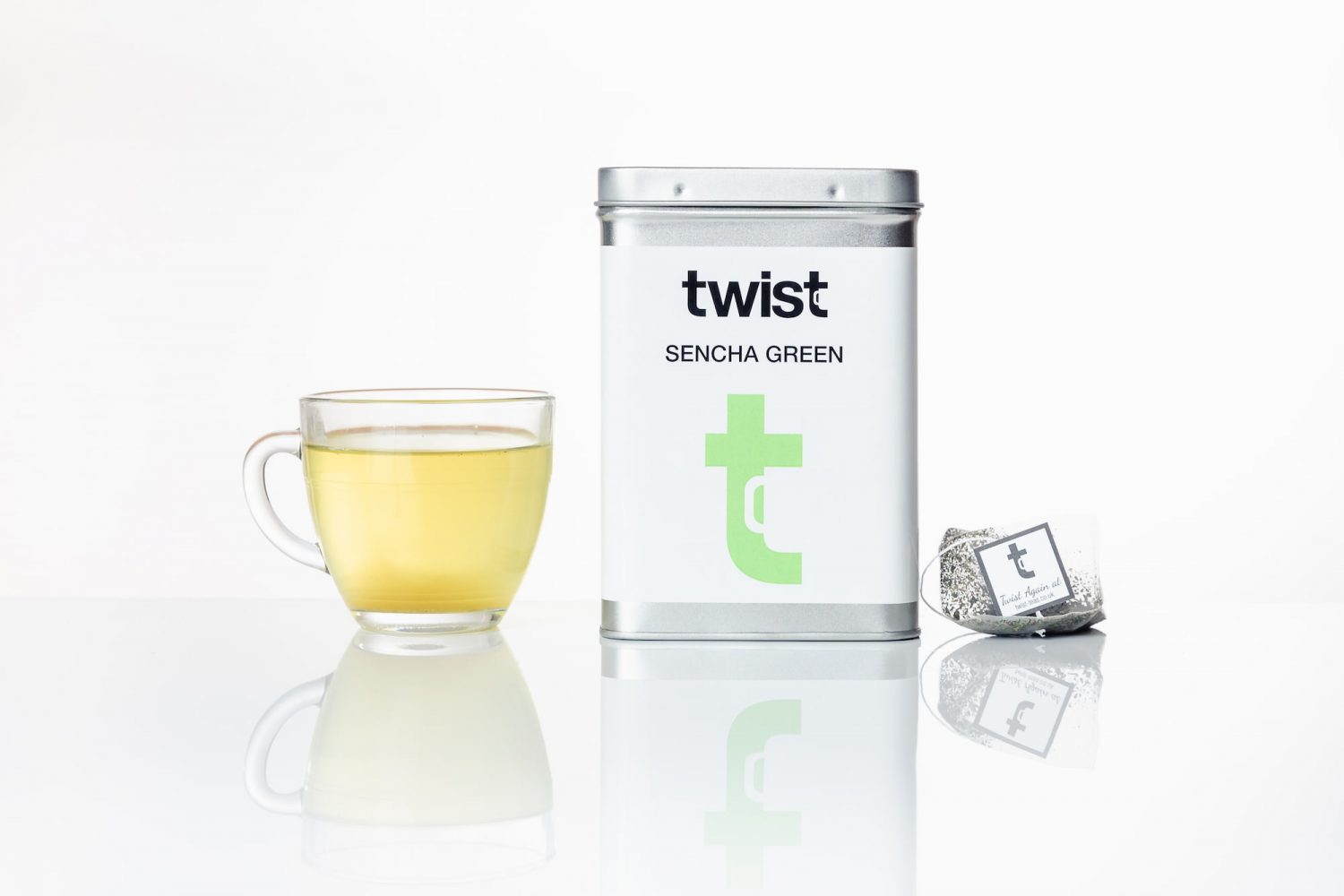Are you searching for a warm and comforting beverage that not only tantalises your taste buds but also offers a range of health benefits? Look no further than lemon, ginger and honey tea. This delightful herbal tea has been cherished for centuries as a natural remedy, known for its soothing properties and immune-boosting effects. So, why not indulge in a cup of this homemade tea and discover the wonders it holds for your wellbeing?
Key Takeaways:
- Lemon, ginger and honey tea is a popular herbal tea with soothing properties.
- This homemade tea is known for its immune-boosting effects.
- The combination of lemon, ginger, and honey provides a range of health benefits.
- Making lemon, ginger and honey tea at home is quick and easy.
- By incorporating this tea into your routine, you can enjoy its soothing and rejuvenating qualities.
The Benefits of Lemon, Ginger and Honey Tea
Lemon, ginger and honey tea is not only a delicious and comforting beverage, but it also offers a wide range of health benefits. This herbal tea, known for its immune-boosting properties, can provide relief for a sore throat, reduce inflammation, and serve as a natural remedy. Let’s explore the incredible benefits of this soothing brew.
1. Supports the Immune System
The combination of lemon, ginger, and honey creates a potent blend that strengthens the immune system. Lemon is rich in vitamin C, an essential nutrient that helps protect against common illnesses and boosts overall immune function. Ginger, with its anti-inflammatory properties, enhances the body’s natural defences, while honey acts as a natural cough suppressant.
2. Soothes a Sore Throat
If you’re dealing with a scratchy or inflamed throat, lemon, ginger and honey tea can provide relief. The anti-inflammatory properties of ginger help soothe irritation and reduce swelling, while the honey’s natural properties help calm coughing and ease throat discomfort.
3. Natural Remedies & Antioxidant Power
When it comes to natural remedies, lemon, ginger and honey tea is a go-to option. The antioxidants found in lemon and ginger can help neutralise harmful free radicals in the body, reducing oxidative stress and promoting overall wellbeing. These natural ingredients also possess anti-inflammatory properties, aiding in the body’s healing processes.
4. Supports Digestion
Ginger, a key ingredient in this herbal tea, has long been recognised for its digestive benefits. It aids in digestion by stimulating the production of gastric enzymes, helping to break down food and alleviate discomfort. Additionally, lemon helps stimulate the production of bile, promoting optimal digestion and nutrient absorption.
5. Promotes Overall Well-being
With its immune-boosting, anti-inflammatory, and antioxidant properties, lemon, ginger and honey tea can contribute to your overall wellbeing. Regular consumption of this herbal tea can help protect against illness, reduce inflammation, support digestion, and also provide a soothing and comforting experience.
In summary, lemon, ginger and honey tea offers a myriad of health benefits, including immune system support, throat soothing properties, natural remedies, digestive support, and overall wellbeing promotion. Whether you are sipping on a warm mug to alleviate a sore throat or enjoying it as a daily wellness ritual, this herbal tea is a flavourful and effective way to enhance your health naturally.
The Recipe for a Soothing Beverage: Lemon, Ginger and Honey Tea
Creating the perfect cup of lemon, ginger and honey tea is a breeze. Pairing natural ingredients, such as fresh lemon and ginger root, with honey creates a delicious and soothing beverage. Follow the step-by-step recipe below and indulge in the invigorating and comforting blend of flavours. You can add whiskey for a hot toddy style drink before bedtime. Adjust the honey and lemon to taste, and enjoy regular small sips for the best effect.
| Ingredients | Instructions |
|---|
| 1/2 a lemon | Pour boiling water or hot tea over the ginger and let it steep for 3 minutes. |
| 2 cm fresh ginger root | Mix the lemon juice and honey in a large mug. |
| 3 heaped tbsp honey | Strain the ginger tea into the mug and stir to dissolve the honey. Add whiskey if desired. |
| Brewed tea or boiling water | Adjust the honey and lemon to taste. Enjoy regular small sips for the best effect. |
| 15ml whiskey (optional) |
“The perfect blend of natural ingredients comes together in this comforting and immune-boosting homemade tea.”
Unveil the secret to making the perfect cup of lemon, ginger and honey tea. Follow this recipe and let the natural ingredients work harmoniously to create a soothing and enjoyable beverage. With ingredients readily available in your kitchen, you can indulge in this homemade blend to enhance your wellbeing and savour the comforting flavours.
The Power of Vitamin C in Lemon, Ginger and Honey Tea
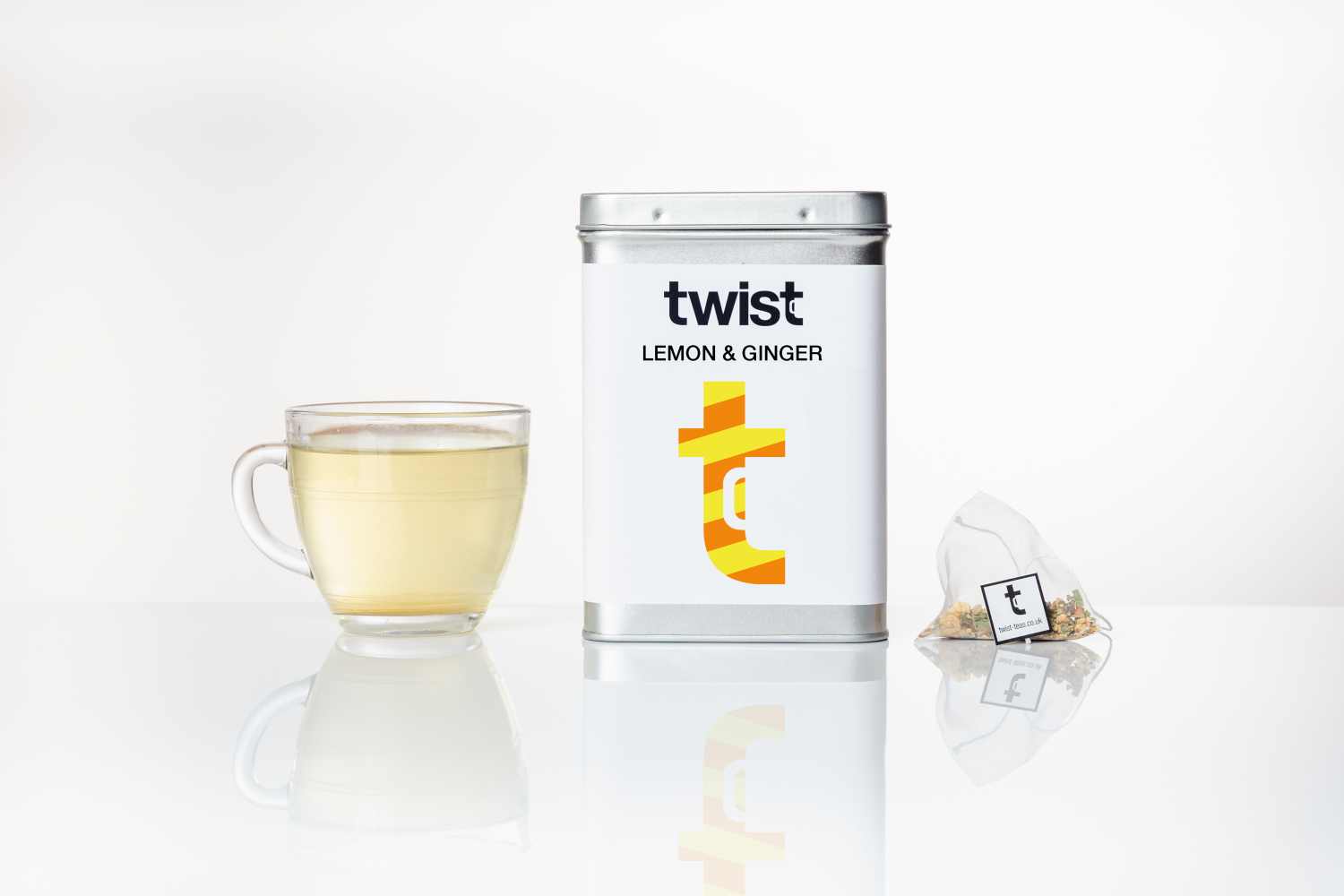
Lemon, ginger and honey tea is a delightful concoction that offers numerous health benefits. One of its key ingredients, lemon, is a rich source of vitamin C. This vital nutrient plays a crucial role in supporting the immune system and safeguarding against cold and flu viruses.
Vitamin C, also known as ascorbic acid, is a powerful antioxidant that helps combat free radicals in the body. Free radicals are unstable molecules that can cause inflammation and damage cells, leading to various health issues. By consuming foods and beverages high in antioxidants, such as lemon, ginger and honey tea, individuals can protect their cells from oxidative stress and promote overall wellbeing.
In addition to its antioxidant properties, vitamin C is essential for strengthening the immune system. It enhances the production of white blood cells, which are responsible for fighting off infections. By incorporating lemon, ginger and honey tea into their diet, individuals can boost their immune response and reduce the risk of falling ill.
Furthermore, vitamin C aids in the absorption of iron, an important mineral that supports the production of red blood cells. It also plays a role in collagen synthesis, which is vital for maintaining healthy skin, bones, and connective tissues.
To fully reap the benefits of vitamin C, it is recommended to include a variety of food sources in one’s diet. Alongside lemon, ginger and honey tea, other excellent sources of this essential nutrient include citrus fruits, berries, kiwi, bell peppers, and leafy greens.
“Vitamin C is a powerful antioxidant that helps fight free radicals in the body, reducing inflammation and boosting overall health.”
The Anti-Inflammatory Benefits of Ginger in Lemon, Ginger and Honey Tea
Ginger is a key ingredient in lemon, ginger and honey tea, providing numerous health benefits. One of its notable properties is its anti-inflammatory effect, which can help reduce inflammation and soothe a sore throat. Ginger has been used for centuries as a natural remedy for various ailments, thanks to its powerful medicinal properties.
Ginger’s anti-inflammatory properties make it an excellent addition to your homemade tea. When consumed regularly, lemon, ginger and honey tea can help alleviate symptoms associated with inflammation, such as a sore throat or joint pain. By enjoying this warm and comforting beverage, you can find relief from these discomforts while also nourishing your body.
Supporting Digestion and Overall Wellbeing
In addition to its anti-inflammatory benefits, ginger is known for its ability to aid digestion. It acts as a natural remedy for digestive discomfort, including bloating, nausea, and indigestion. Ginger stimulates the secretion of digestive enzymes, which helps break down food and improves nutrient absorption.
Furthermore, ginger contains antioxidants that help neutralise harmful free radicals in the body. These antioxidants protect cells from oxidative stress and support overall health and wellbeing. By incorporating ginger into your lemon, ginger and honey tea, you can harness the power of these antioxidants and promote a healthier, more balanced lifestyle.
“Ginger has been traditionally used in Ayurvedic and Chinese medicine for its anti-inflammatory properties. When combined with lemon and honey in a soothing tea, it becomes a powerful elixir for overall wellness.”
To fully enjoy the anti-inflammatory benefits of ginger in your homemade tea, here’s a simple recipe:
| Ingredients | Instructions |
|---|
- 2 cm fresh ginger root
- 1/2 a lemon
- 3 heaped tbsp honey
- Brewed tea or boiling water
| - Pour boiling water or hot tea over the ginger and let it steep for 3 minutes.
- In a large mug, mix the lemon juice and honey.
- Strain the ginger tea into the mug and stir to dissolve the honey.
- Adjust the honey and lemon to taste.
- Enjoy this warm and soothing lemon, ginger and honey tea.
|
By incorporating ginger into your lemon, ginger and honey tea, you can enjoy its anti-inflammatory benefits, support digestion, and promote overall wellbeing. So, sit back, relax, and savour the soothing sip of this incredible homemade tea.
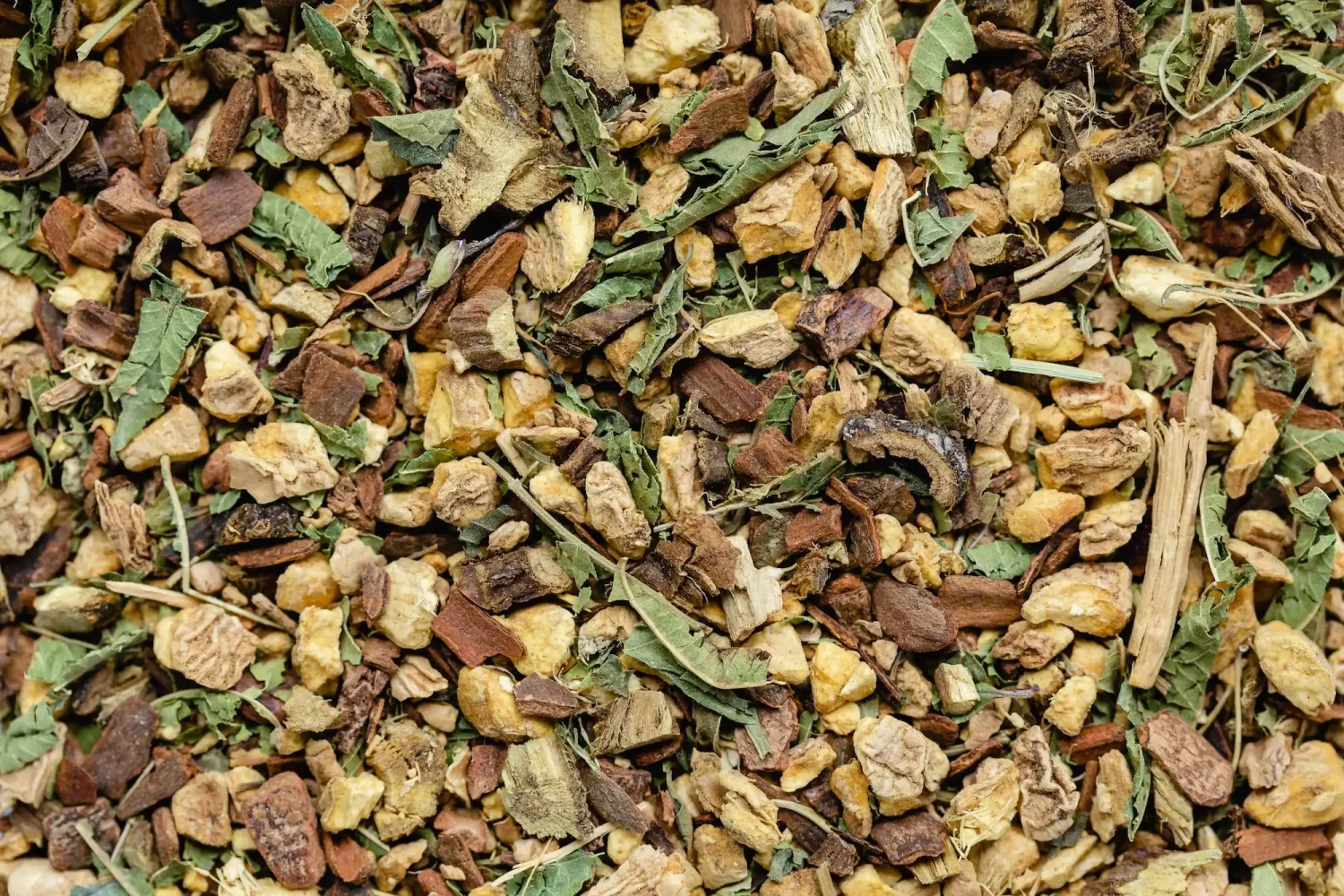
The Soothing Properties of Honey in Lemon, Ginger and Honey Tea
Honey is not only a natural sweetener but also a powerful ingredient in lemon, ginger and honey tea. It acts as a cough suppressant and helps soothe a sore throat. The natural sweetness of honey balances the tartness of lemon and the spiciness of ginger, creating a soothing, warming flavour profile. It is also believed to have healing properties and support the body’s ability to fight infection. By including honey in your tea, you can enjoy its natural benefits and find relief from coughs and sore throats.
This homemade tea is not only a delicious and warming beverage but also a natural remedy for respiratory discomfort. Honey has been used for centuries as a cough suppressant due to its soothing properties. The thick consistency of honey helps to coat the throat, reducing irritation and calming coughs.
In addition to its cough-suppressing effects, honey also provides a range of other health benefits. It is rich in antioxidants, which can help strengthen the immune system and protect against harmful free radicals in the body. The antibacterial properties of honey support the body’s defence against infections, making it a natural remedy for respiratory ailments.
“Honey acts as a natural cough suppressant and helps soothe a sore throat.”
The Benefits of Honey in Lemon, Ginger and Honey Tea:
- Cough suppressant: Honey helps to relieve coughs and soothe a sore throat, providing much-needed relief during illness.
- Antioxidant-rich: The high antioxidant content of honey helps to boost the immune system and protect against oxidative stress.
- Antibacterial properties: Honey has natural antibacterial properties, contributing to its effectiveness in fighting respiratory infections.
- Enhances flavour: The natural sweetness of honey complements the tangy flavour of lemon and the spiciness of ginger, creating a delicious and soothing drink.
To incorporate honey into your lemon, ginger and honey tea, simply add a tablespoon or two of honey to your brewed tea or boiling water. Stir well until the honey is completely dissolved. You can adjust the amount of honey to suit your taste preferences. For added flavour and benefits, consider using raw or locally sourced honey.
Overall, honey is an essential ingredient in lemon, ginger and honey tea, providing a range of comforting and healing properties. So, sip on this soothing blend to enjoy its natural benefits and find relief from coughs and sore throats.
| Benefits of Honey in Lemon, Ginger and Honey Tea | How It Helps |
|---|
| Cough suppressant | Relieves coughs and soothes sore throat |
| Antioxidant-rich | Boosts immune system and protects against oxidative stress |
| Antibacterial properties | Supports body’s defence against respiratory infections |
| Enhances flavour | Complements tangy lemon and spicy ginger |
Lemon, Ginger and Honey Tea as a Cold and Flu Remedy
Lemon, ginger and honey tea is a popular natural remedy for cold and flu symptoms. Its potent combination of ingredients makes it a soothing and immune-boosting beverage. By incorporating this homemade tea into your routine, you can find relief from cold and flu symptoms while enjoying a comforting and hydrating brew.
One of the key ingredients in lemon, ginger and honey tea is lemon, which is loaded with vitamin C. Vitamin C is known for its immune-boosting properties and can help strengthen your body’s defences against cold and flu viruses. It also acts as an antioxidant, fighting inflammation and promoting overall health.
Ginger is another powerful ingredient in this tea. It possesses anti-inflammatory properties that can alleviate symptoms such as a sore throat. Its warming effect can provide soothing relief and help you feel better during times of illness.
Honey, known for its soothing properties, adds sweetness to the tea while acting as a natural cough suppressant. It can help relieve coughs and ease throat irritation, making it an ideal addition to this cold and flu remedy.
“Lemon, ginger and honey tea is a wholesome blend that combines the immune-boosting benefits of vitamin C, the anti-inflammatory goodness of ginger, and the soothing properties of honey. It’s a comforting and hydrating remedy for cold and flu symptoms”
By regularly incorporating this homemade tea into your routine, you can provide your body with the necessary hydration it needs while enjoying the powerful benefits of the lemon, ginger, and honey combination.
| Benefits of Lemon, Ginger and Honey Tea as a Cold and Flu Remedy |
|---|
| Provides immune-boosting support |
| Soothes a sore throat |
| Offers hydrating properties |
| Contains vitamin C for immune system support |
| Combines anti-inflammatory properties of ginger |
| Includes honey as a natural cough suppressant |
With its immune-boosting, soothing, and hydrating properties, lemon, ginger and honey tea is a natural cold and flu remedy worth incorporating into your holistic health routine. Sip on this comforting brew and let its powerful ingredients provide relief and support to your body’s natural healing processes.
Detoxifying Properties of Lemon, Ginger and Honey Tea
Lemon, ginger and honey tea is renowned for its powerful detoxifying properties. This natural blend offers a multitude of benefits to support overall health and wellbeing. From cleansing the body to promoting digestion and supporting liver health, this homemade tea is a must-have addition to your wellness routine.
One of the key ingredients in lemon, ginger and honey tea is lemon, a potent natural detoxifier. Packed with antioxidants, lemon helps cleanse the body by eliminating harmful toxins and supporting liver function. Regular consumption of this tea can aid in flushing out impurities and promoting a healthier, revitalised system.
Ginger, another vital component, plays a crucial role in detoxification. Its active compounds help stimulate digestion and promote the elimination of toxins from the body. Ginger’s natural properties also contribute to reducing inflammation, making it an excellent addition to a detox regimen.
Honey, the final ingredient in this powerful tea, offers its own detoxifying benefits. In addition to adding a touch of sweetness, honey supports the body’s natural detoxification processes. It contains enzymes and antioxidants that help cleanse the system and optimise the body’s functions.
To fully experience the detoxifying properties of lemon, ginger and honey tea, indulge in this soothing beverage regularly. Sip on a hot cup to cleanse your body, promote healthy digestion, and enhance liver function. By incorporating this natural detox tea into your routine, you can take a proactive step towards improving your overall wellbeing.
Refresh, rejuvenate, and revitalise with a hot cup of lemon, ginger and honey tea.
Benefits of Lemon, Ginger and Honey Tea
- Supports liver health and natural detoxification processes.
- Aids digestion and helps eliminate toxins from the body.
- Offers antioxidant properties to promote overall well-being.
- Enhances the body’s cleansing mechanisms.
- Promotes a revitalised and refreshed system.
Lemon, Ginger and Honey Tea as a Soothing Drink
Lemon, ginger and honey tea is not only a soothing beverage, but also a comforting and relaxing natural remedy. The warm blend of flavours and the aromatic scent of ginger and lemon create a truly indulgent experience. Whether you are seeking comfort during times of illness or simply want to unwind and relax, a steaming cup of lemon, ginger and honey tea is the perfect choice.
This homemade tea provides a gentle and soothing sip that can help alleviate stress and promote a sense of calm. The combination of lemon, ginger, and honey creates a harmonious blend that offers both physical and emotional comfort.
So, why not treat yourself to a moment of tranquility with a cup of lemon, ginger and honey tea? Whether you’re looking to find relief from a sore throat or simply want to enjoy a warm and soothing beverage, this natural remedy is sure to provide the comfort and relaxation you crave.
“There is nothing quite like the soothing embrace of a cup of lemon, ginger and honey tea. It’s like a warm hug for your body and soul.”
Indulge in the soothing properties of lemon, ginger and honey tea and let the comforting flavours wash over you. Whether you’re curled up with a good book, looking to unwind after a long day, or simply seeking a moment of tranquility, this delightful beverage is the perfect companion.
Health Benefits of Lemon, Ginger and Honey Tea as a Soothing Drink
Lemon, ginger and honey tea not only offers comfort and relaxation but also provides a range of health benefits. Here are some of the ways this soothing beverage can contribute to your well-being:
- Promotes relaxation and reduces stress levels
- Soothes and calms the digestive system
- Boosts the immune system and supports overall health
- Provides a natural remedy for cold and flu symptoms
- Helps relieve sore throat and cough
Table: Health Benefits of Lemon, Ginger and Honey Tea
| Health Benefit | Description |
|---|
| Promotes relaxation and reduces stress levels | The warm blend of flavours in lemon, ginger and honey tea helps relax the mind and body, reducing stress. |
| Soothes and calms the digestive system | Ginger in the tea aids digestion and relieves discomfort, promoting better digestive health. |
| Boosts the immune system and supports overall health | The combination of lemon, ginger, and honey provides a range of vitamins, antioxidants, and other beneficial compounds that strengthen the immune system. |
| Provides a natural remedy for cold and flu symptoms | Lemon, ginger and honey tea can help alleviate symptoms like congestion, sore throat, and cough associated with colds and flu. |
| Helps relieve sore throat and cough | Both ginger and honey have soothing properties that can help soothe a sore throat and calm coughing. |

Making Lemon, Ginger and Honey Tea Your Own
One of the great aspects of making lemon, ginger and honey tea at home is the ability to personalise it to your preferences. Whether you prefer a stronger ginger flavour or a sweeter taste, you can adapt the recipe to suit your taste buds.
Start by adjusting the honey and lemon quantities to achieve your desired level of sweetness and tartness. Add more honey if you have a sweet tooth or reduce it if you prefer a less sweet tea. Likewise, you can squeeze in more lemon juice for a tangier flavour or use less if you prefer a milder taste. The beauty of making this homemade tea is that you have full control over the balance of flavours.
But why stop there? Get creative and experiment with various additions to enhance the flavour and health benefits of your lemon, ginger and honey tea. For example, a sprinkle of cinnamon adds warmth and depth to the tea, while a dash of turmeric contributes earthy notes and introduces anti-inflammatory properties. Feel free to explore different herbs and spices that complement the lemon and ginger base.
Remember, the key to making lemon, ginger and honey tea your own is to adapt it to your unique tastes and preferences. Play around with the ingredients, adjusting the quantities and getting creative with additions, until you find the perfect combination that satisfies your senses. With each sip, you’ll not only enjoy a delicious and soothing beverage, but also experience the satisfaction of creating a personalised tea that’s tailored just for you.
Tips for personalising your lemon, ginger and honey tea:
- Adjust the honey and lemon quantities to achieve your preferred level of sweetness and tartness.
- Experiment with different herbs and spices to enhance the flavour and health benefits.
- Try adding a sprinkle of cinnamon or a dash of turmeric for extra flavour and warmth.
- Get creative and explore unique additions that suit your taste buds.
With over twenty Great Taste Award Winning blends to our name, why not let us find the perfect flavour combination? Check out our Lemon & Ginger Tisane for a naturally caffeine-free way to enjoy the benefits of these elevating ingredients.
Lemon, Ginger and Honey Tea: A Steaming Conclusion
Lemon, ginger and honey tea is the perfect conclusion to your day. This delightful blend of soothing ingredients offers a range of health benefits, making it a natural remedy that can be enjoyed throughout the year.
With its immune-boosting properties, lemon, ginger and honey tea provides a powerful defence for your body’s defences against illnesses. The soothing combination of lemon, ginger, and honey helps calm inflammation, fight off cold and flu symptoms, and support overall wellbeing.
So, why not brew yourself a cup of this comforting and rejuvenating tea? As you sit back and enjoy the goodness, let it warm your soul and nourish your body. Whether you’re seeking relief from a sore throat or simply want to indulge in a natural and soothing beverage, lemon, ginger and honey tea is the perfect choice.
Experience the gentle heat of the tea as it soothes your throat and invigorates your senses. Allow the harmonious blend of flavours to relax your mind and uplift your spirits. Sip slowly, savouring each sip, and let the natural goodness of lemon, ginger and honey tea envelop you in its comforting embrace.
Unwind and Recharge
“There is nothing quite as soothing as a warm cup of lemon, ginger and honey tea. It’s like a hug in a mug, providing comfort and rejuvenation after a long day.”
As you indulge in this delightful beverage, take a moment for yourself. Allow the worries of the day to fade away as the gentle aroma of ginger and lemon fills the air. Take a deep breath and let the soothing properties of the tea relax your body and recharge your spirits.
Whether it’s a chilly winter evening or a warm summer day, lemon, ginger and honey tea is a versatile companion that can be enjoyed in any season. Its immune-boosting properties make it an ideal choice to stay healthy during the colder months, while its comforting nature provides a sense of wellbeing all year round.
So, raise your cup and toast to good health and happiness. Lemon, ginger and honey tea is not just a beverage; it’s a natural remedy that nourishes both body and soul. Make it a part of your daily routine, and let its soothing qualities uplift and restore you.
| Benefits of Lemon, Ginger and Honey Tea | How it Supports Your Well-being |
|---|
| Immune-boosting | Strengthens your body’s defences |
| Soothing | Calms inflammation and soothes sore throats |
| Natural remedy | Aids in fighting off cold and flu symptoms |
Conclusion
Lemon, ginger and honey tea is a delightful blend of flavours that offers numerous benefits. From its immune-boosting properties to its soothing effect on a sore throat, this homemade tea is a natural remedy that can be enjoyed by anyone. Whether you’re seeking relief from cold and flu symptoms or simply want to indulge in a warm and comforting beverage, lemon, ginger and honey tea is the perfect choice.
By incorporating this soothing tea into your daily routine, you can boost your immune system and find relief from common ailments. The combination of vitamin C-rich lemon, anti-inflammatory ginger, and soothing honey creates a powerful concoction that supports overall health and wellbeing.
So why not try brewing a cup of lemon, ginger and honey tea today? It’s a natural and delicious way to take care of your health. Whether you sip it in the morning to start your day on a soothing note or enjoy it as a bedtime ritual to relax and unwind, this homemade tea is sure to become a favourite. Cheers to your health and wellbeing!
FAQ
What are the health benefits of lemon, ginger and honey tea?
Lemon, ginger and honey tea provides a range of health benefits, including immune-boosting properties, soothing a sore throat, and promoting overall well-being.
How do I make lemon, ginger and honey tea at home?
To make lemon, ginger and honey tea, steep ginger in hot water or brewed tea for 3 minutes. Mix lemon juice and honey in a mug, then strain the ginger tea into the mug and stir to dissolve the honey.
Why is vitamin C important in lemon, ginger and honey tea?
Lemon is rich in vitamin C, which helps strengthen the immune system and reduce inflammation. Including lemon, ginger and honey tea in your diet can support overall health and protect against cold and flu viruses.
What are the anti-inflammatory benefits of ginger in lemon, ginger and honey tea?
Ginger has anti-inflammatory properties that can help reduce inflammation and soothe a sore throat. By including ginger in your homemade tea, you can enjoy these benefits and promote digestion and overall wellbeing.
How does honey contribute to lemon, ginger and honey tea?
Honey acts as a natural cough suppressant and adds sweetness to the tea. It also has soothing properties and supports the body’s ability to fight infection, making it a valuable ingredient in lemon, ginger and honey tea.
Can lemon, ginger and honey tea help with cold and flu symptoms?
Yes! Lemon, ginger and honey tea is often used as a natural remedy for cold and flu symptoms. It provides immune-boosting support, soothes a sore throat, and offers hydration to the body.
Does lemon, ginger and honey tea have detoxifying properties?
Lemon, ginger and honey tea can aid in detoxification. Lemon cleanses the body, ginger aids digestion, and honey supports the body’s natural detox processes. Incorporating this tea into your routine can promote detoxification and enhance overall wellbeing.
Is lemon, ginger and honey tea a soothing drink?
Yes! Lemon, ginger and honey tea is a soothing and comforting beverage. Its warm blend of flavours and aromatic scent of ginger and lemon create a relaxing experience, making it perfect for times of illness or as a warm and soothing beverage to unwind.
Can I personalise my lemon, ginger and honey tea?
Absolutely! Lemon, ginger and honey tea can be personalised to your taste. You can adjust the honey and lemon to achieve your desired level of sweetness or tartness. You can also get creative by adding spices like cinnamon or turmeric for extra flavour and health benefits.


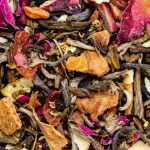






















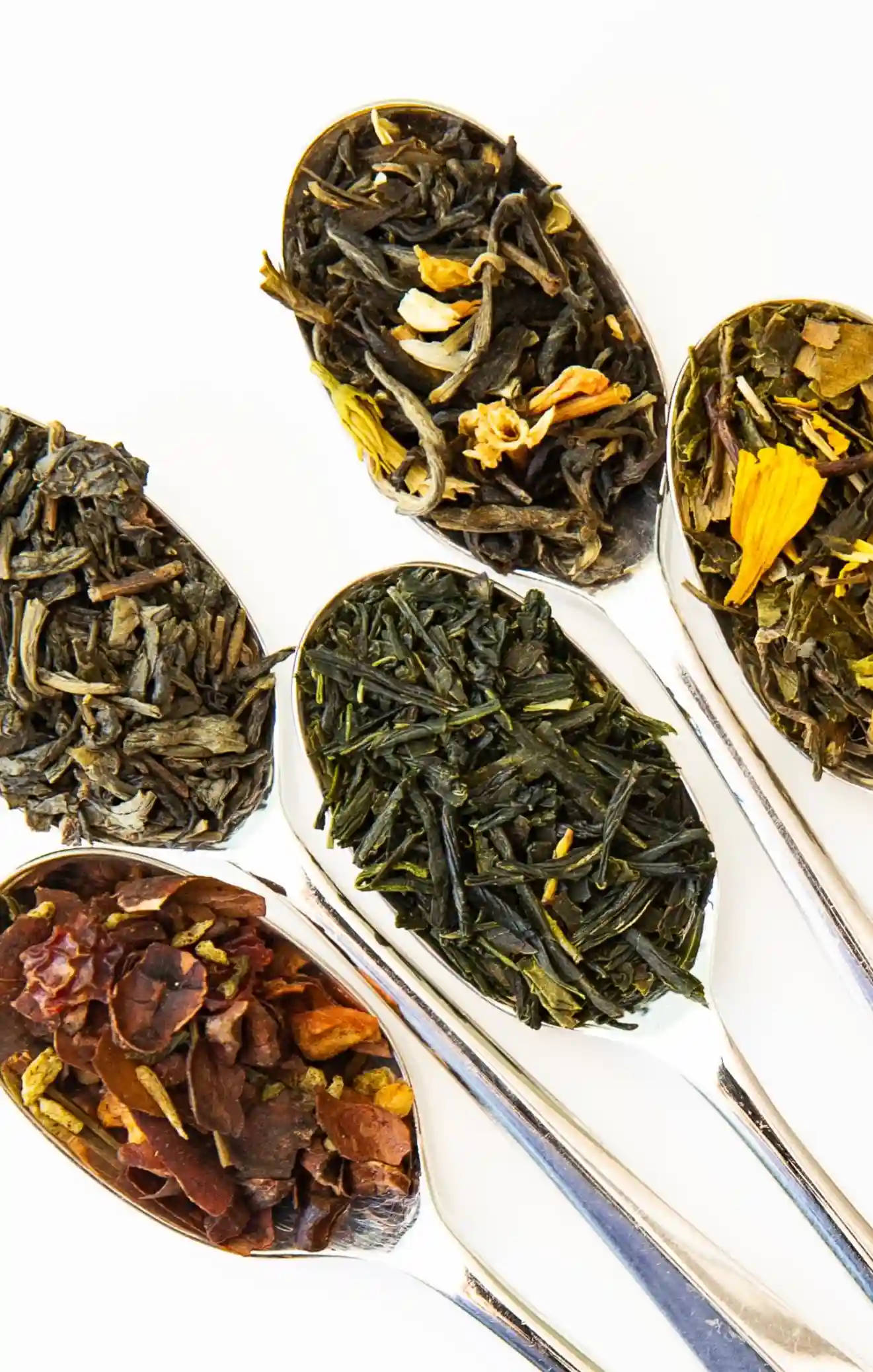


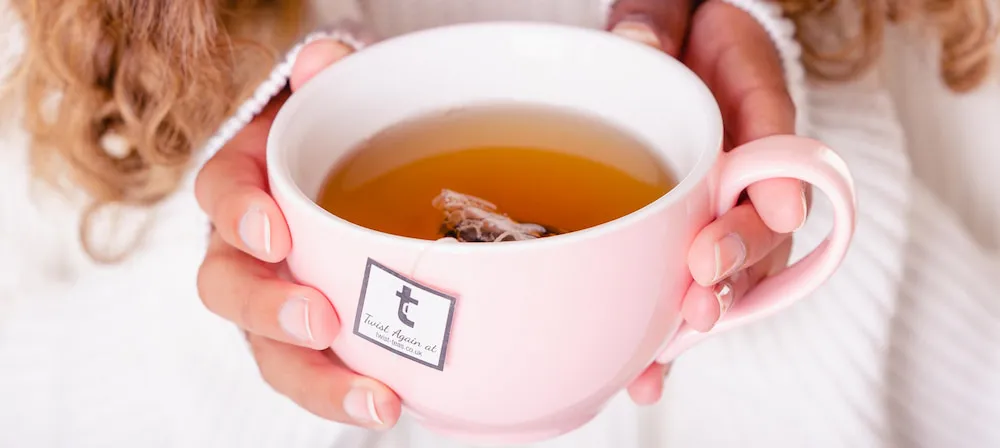
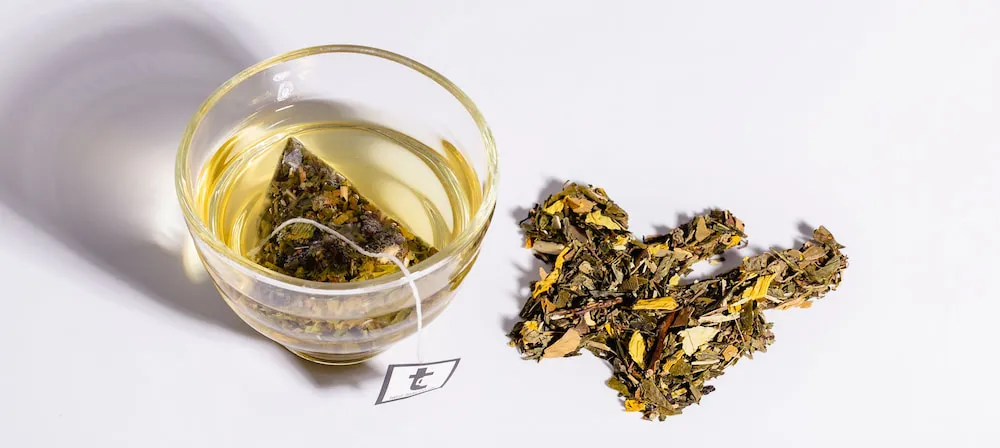
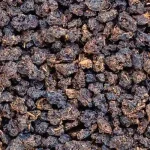
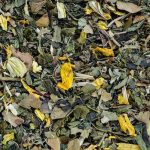
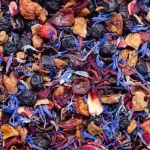

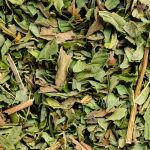
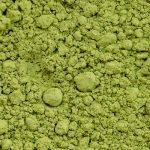

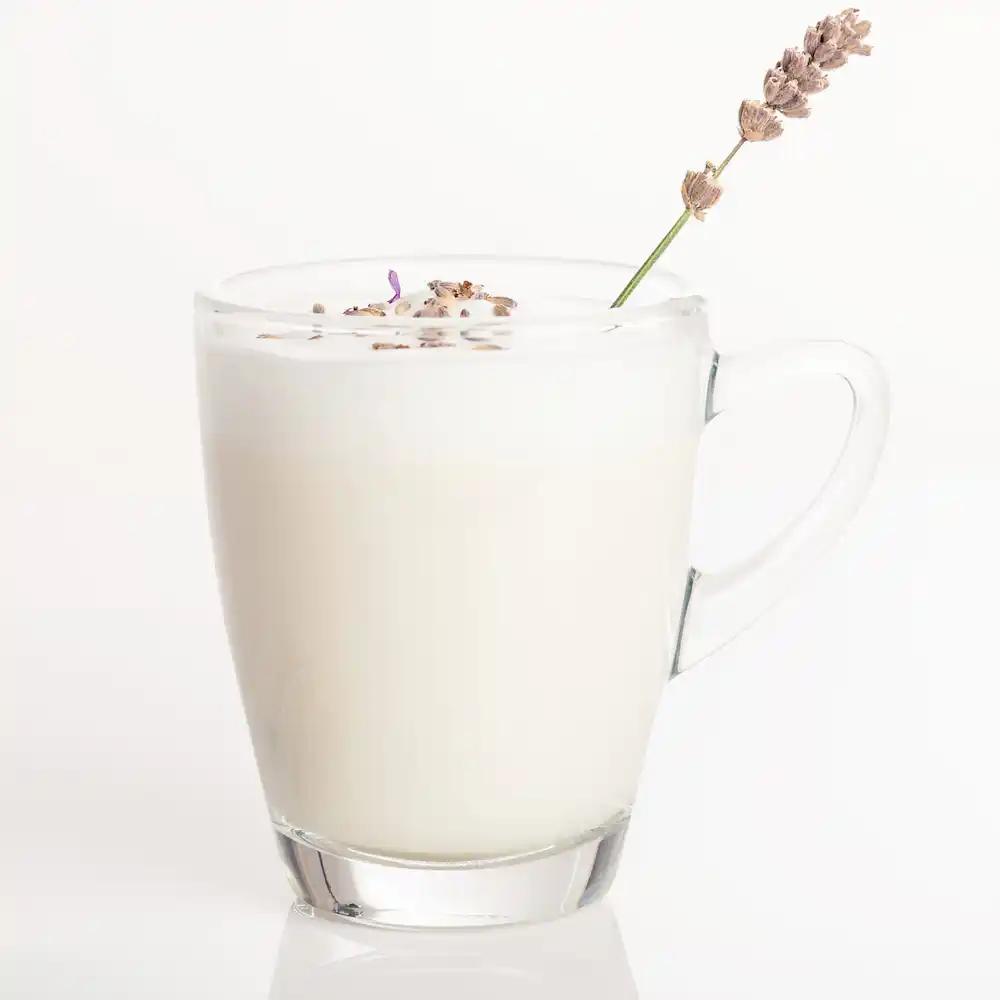

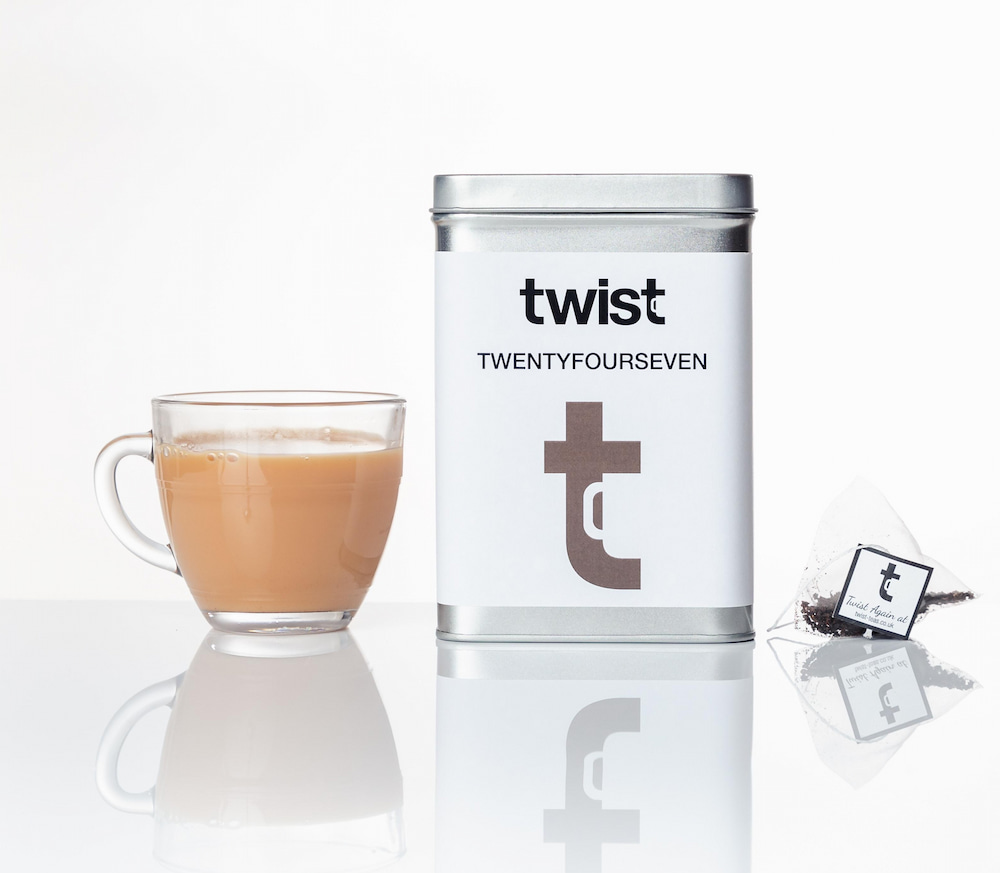
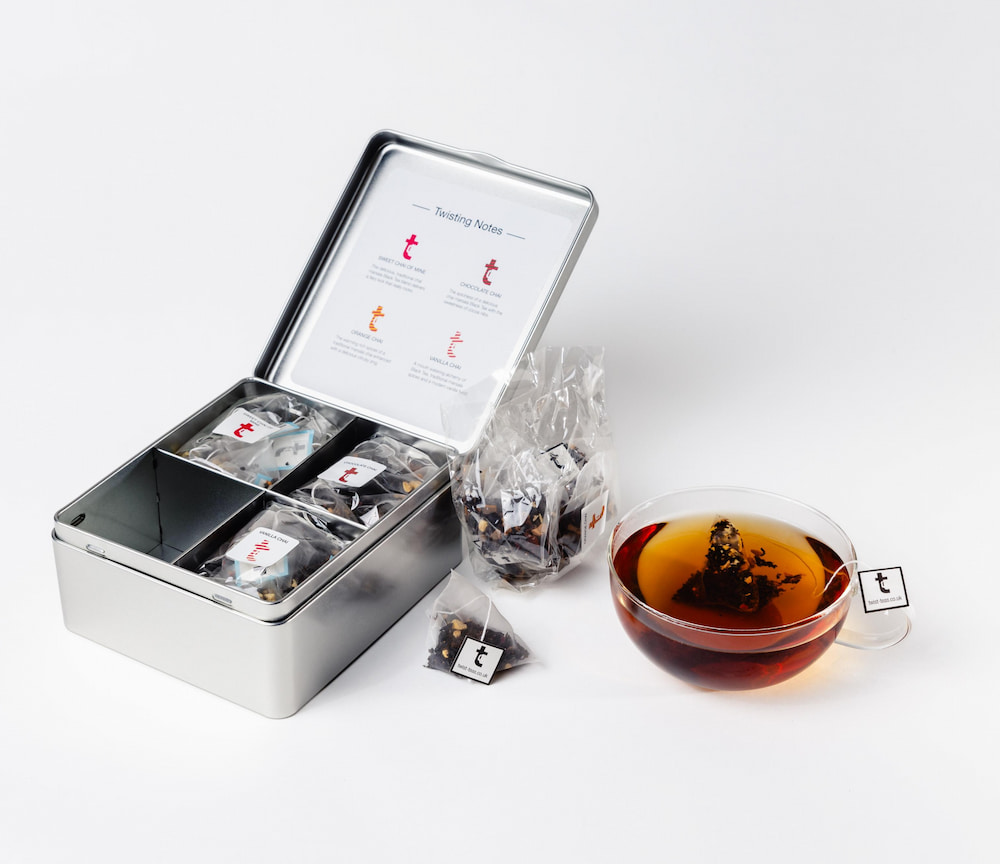
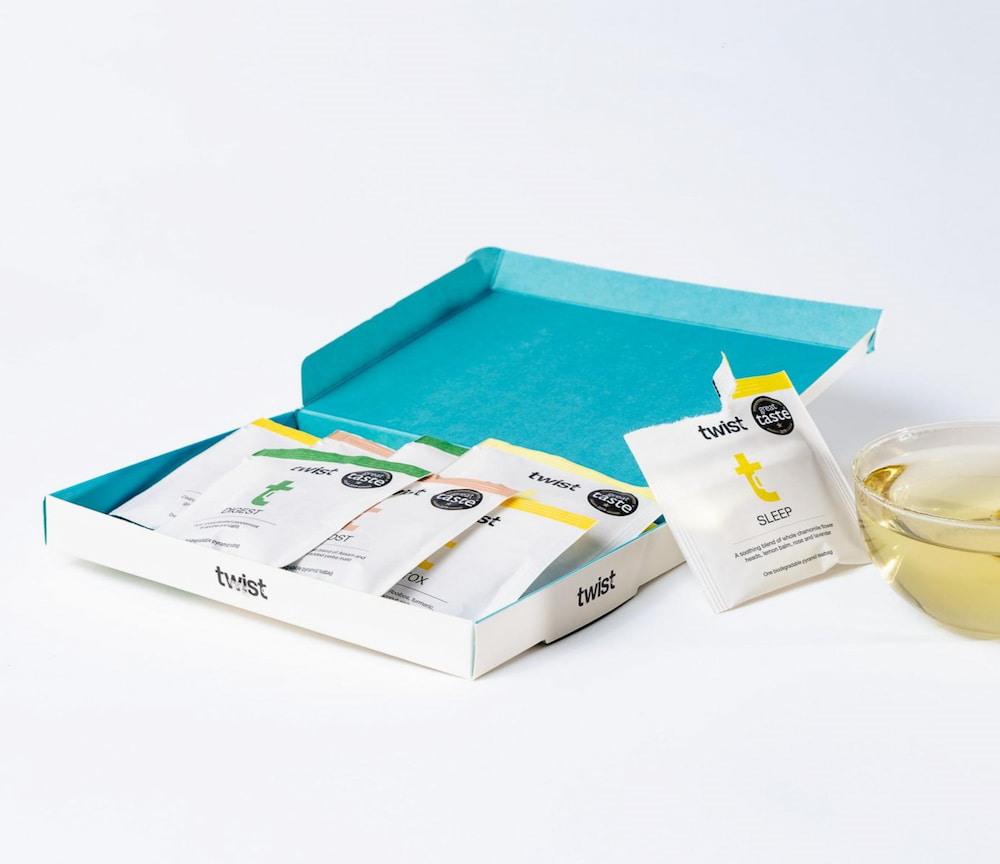
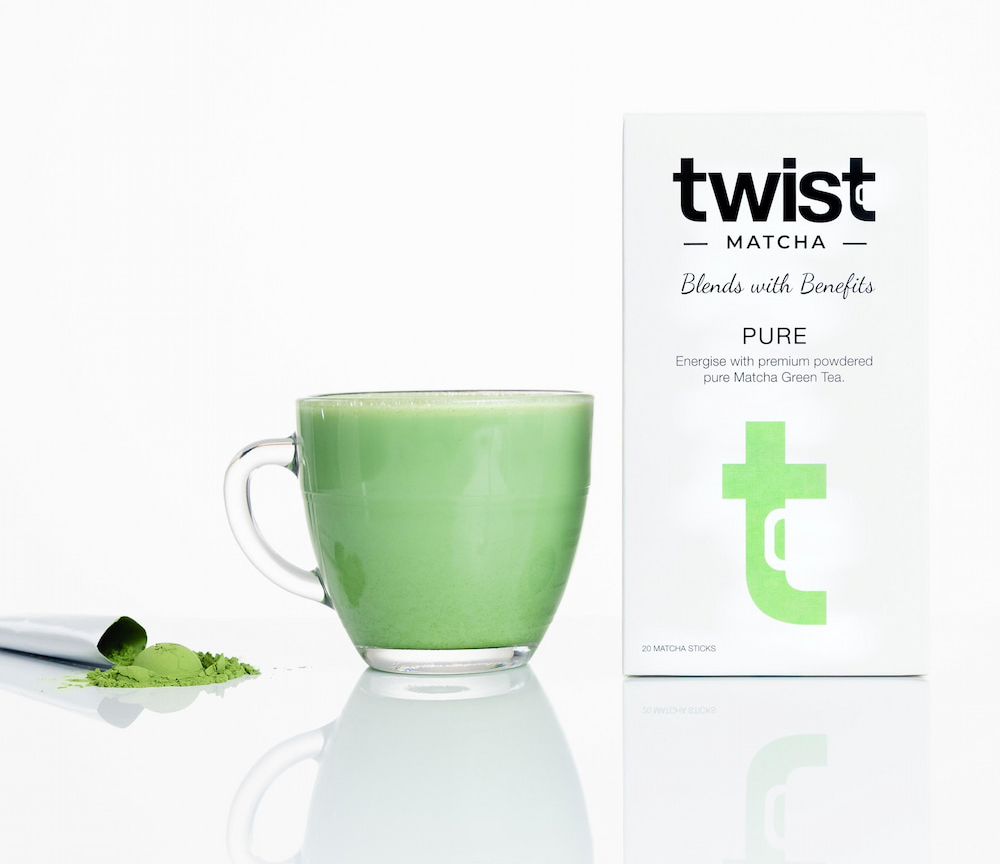
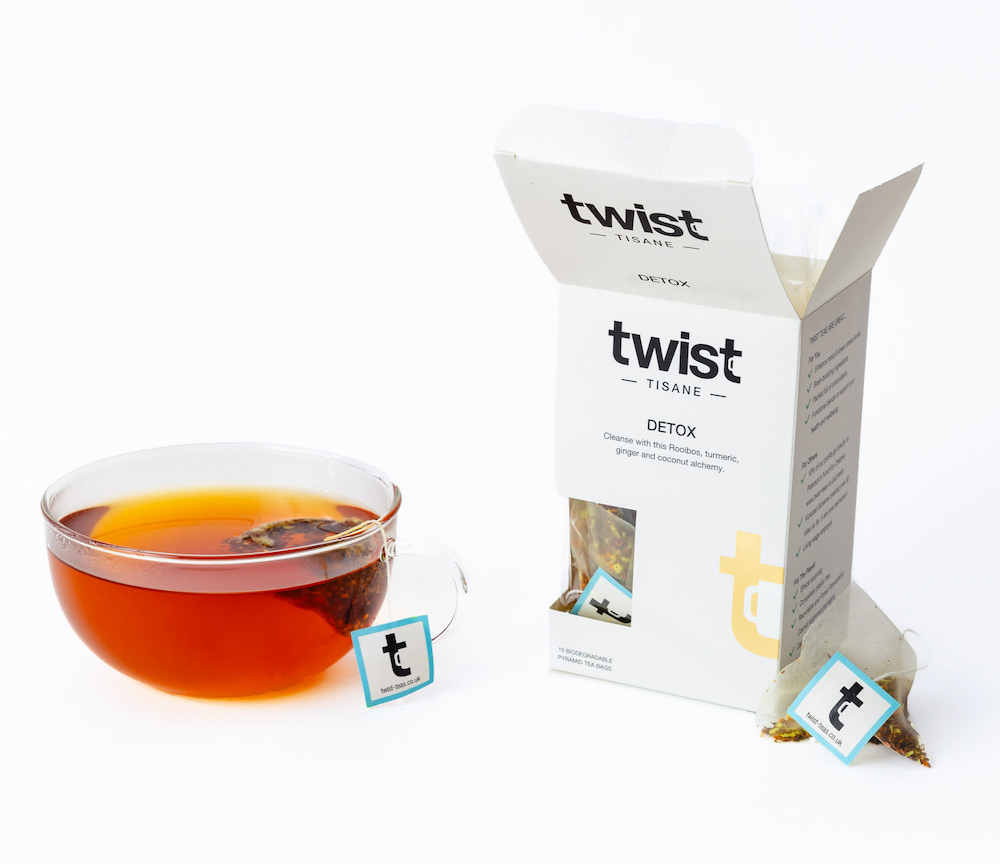
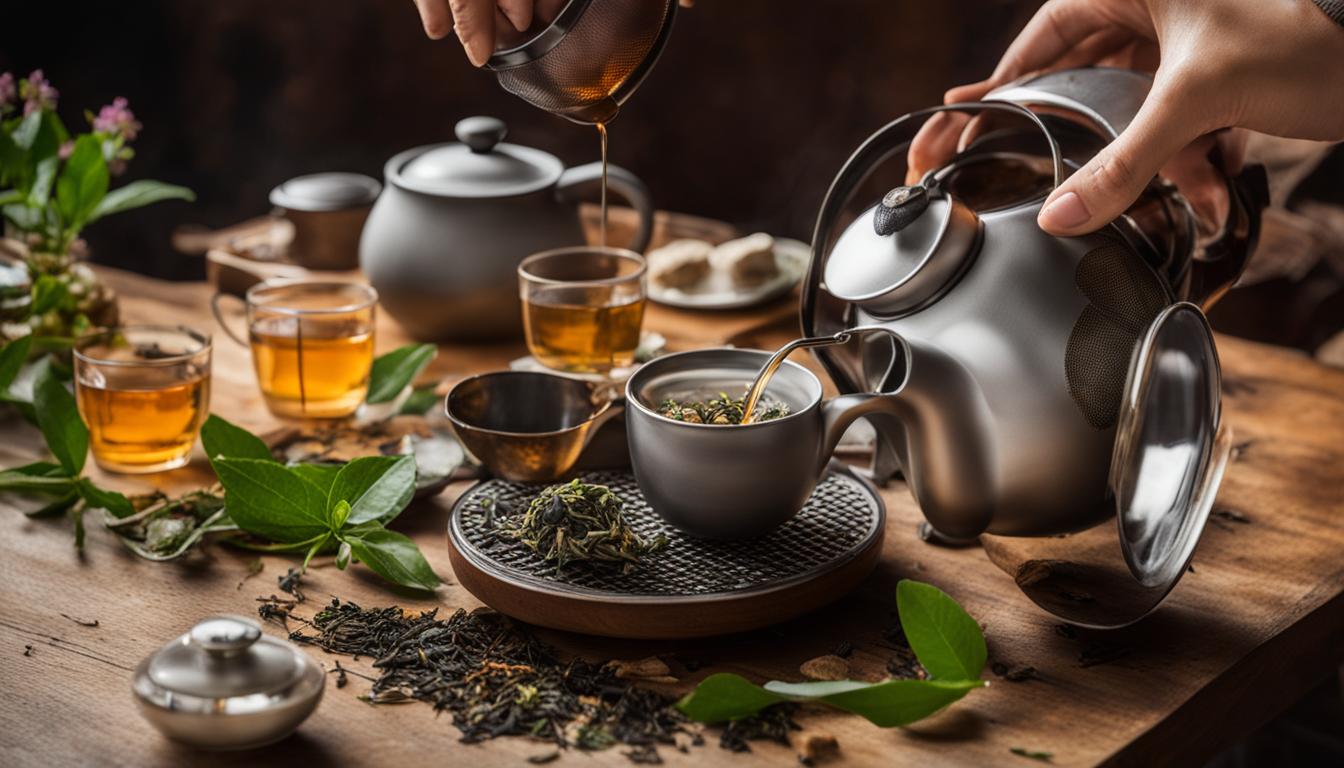
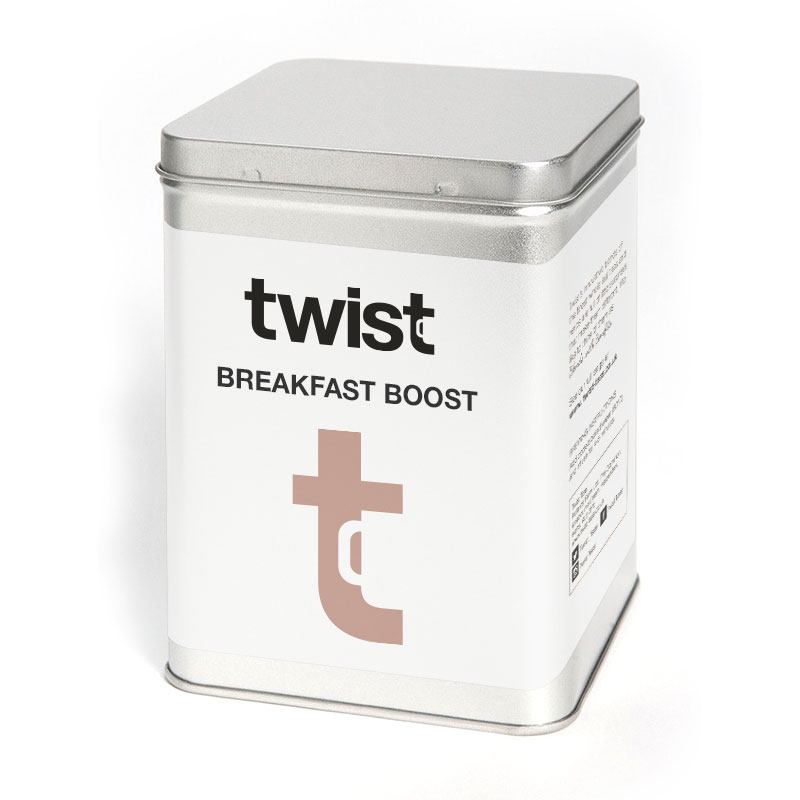



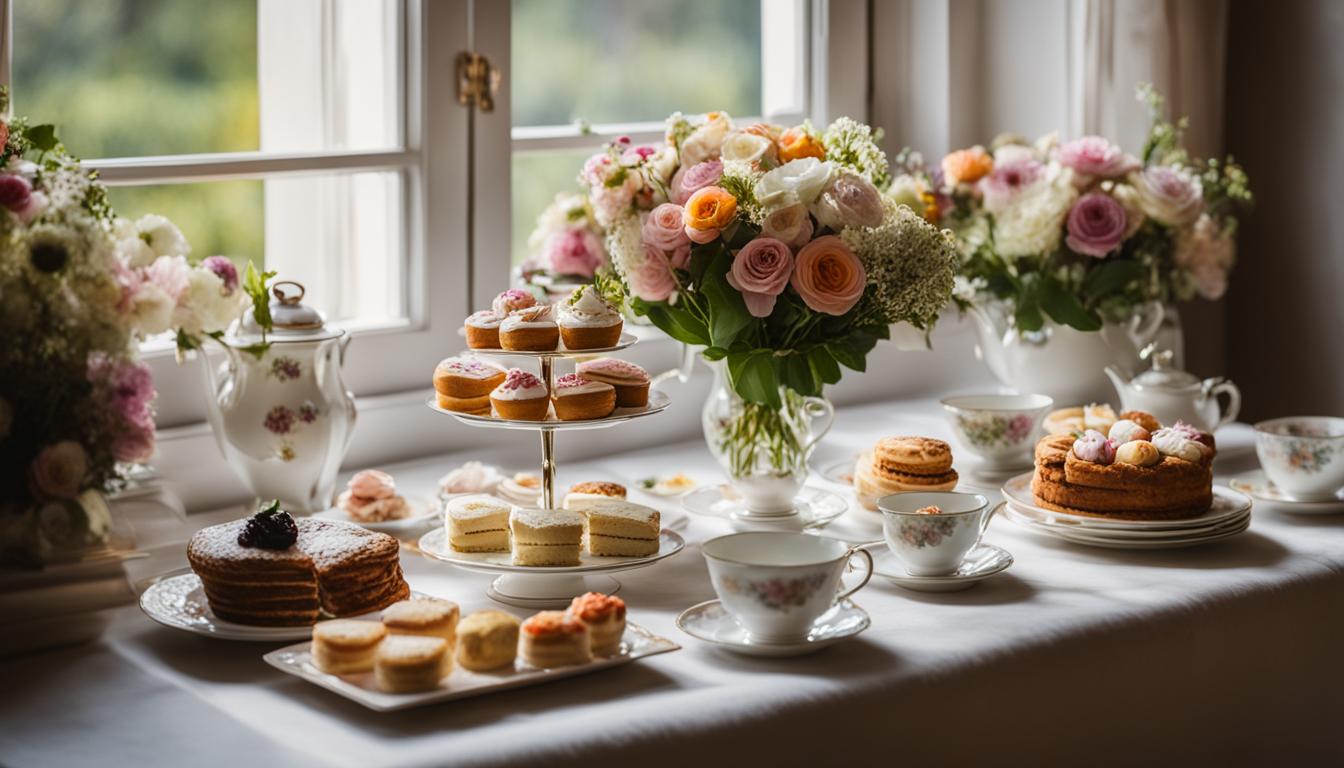

 Here’s a basic recipe for homemade sleep tea:
Here’s a basic recipe for homemade sleep tea:
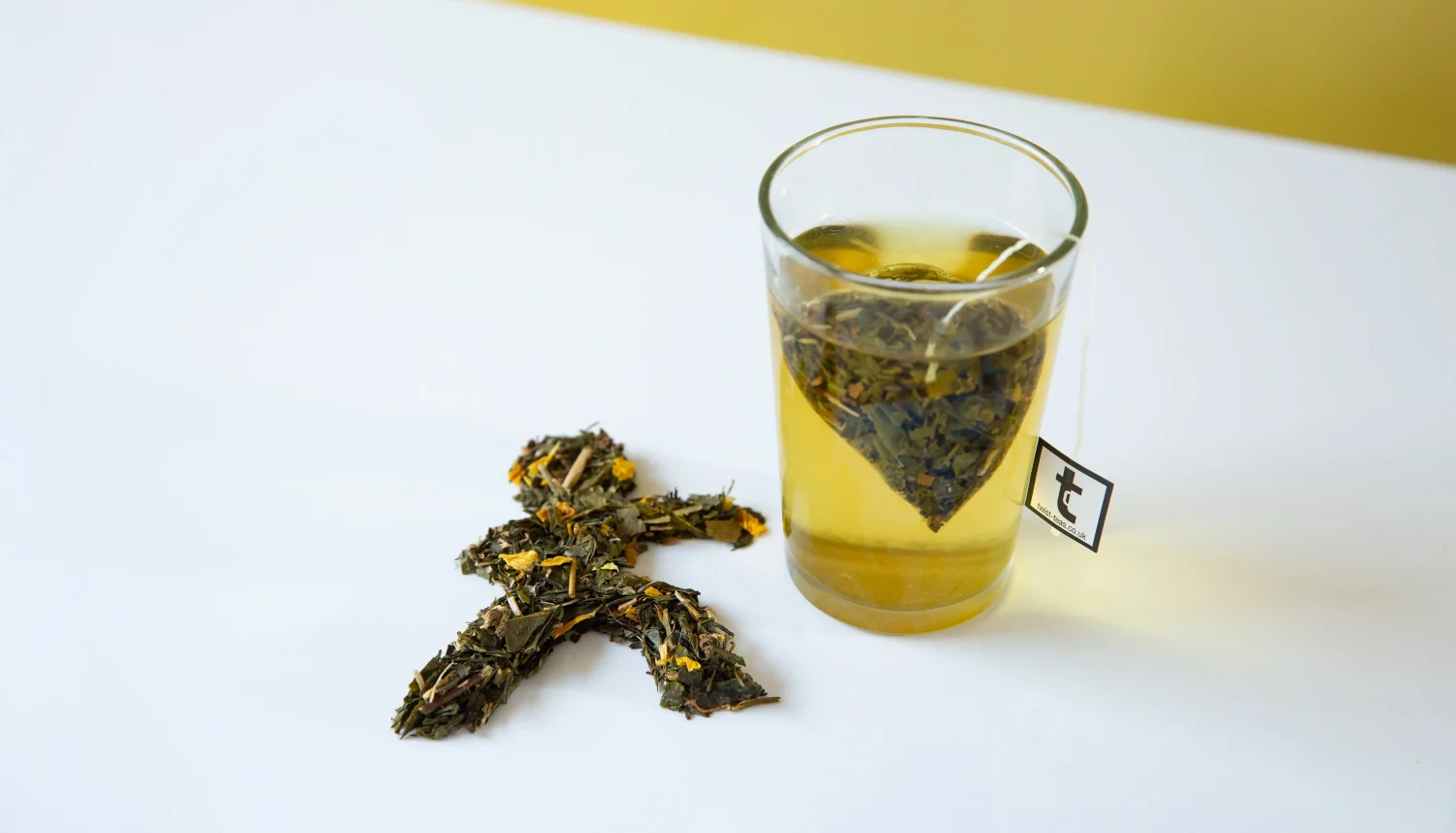
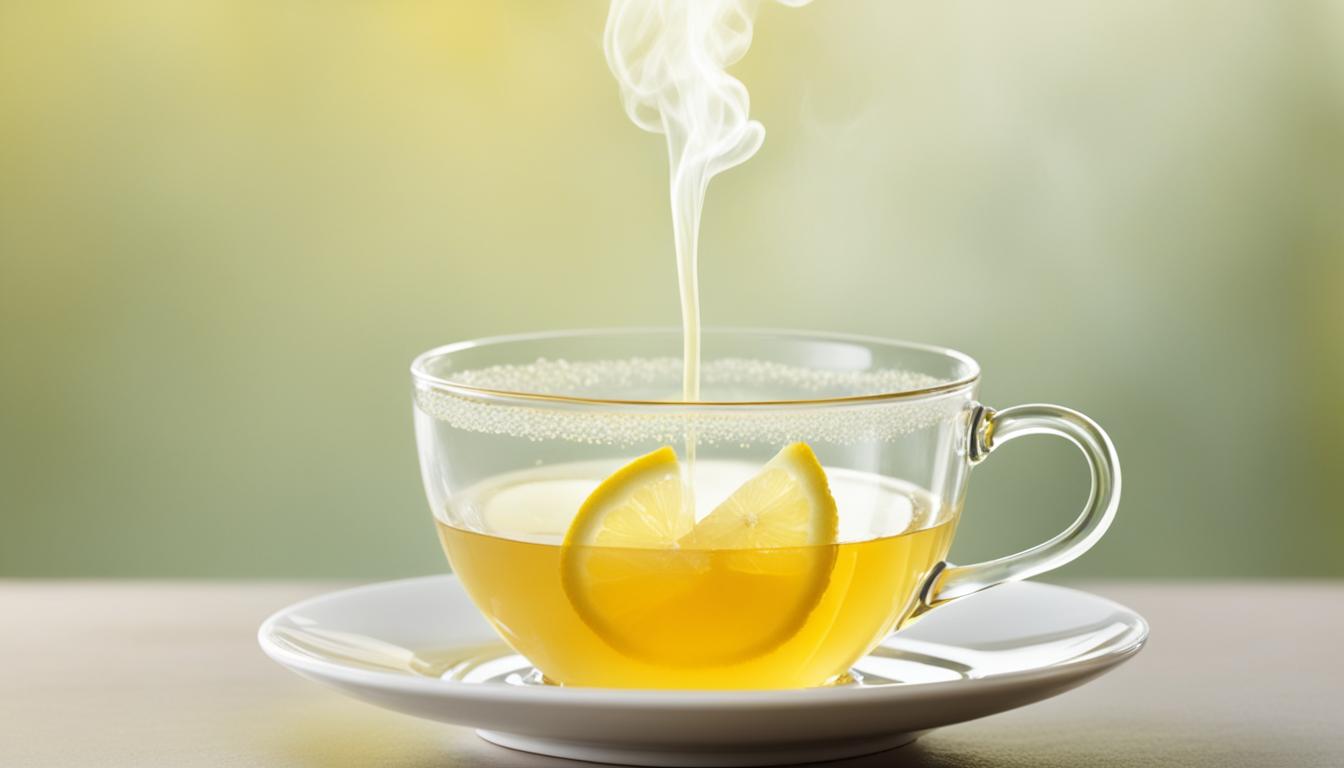
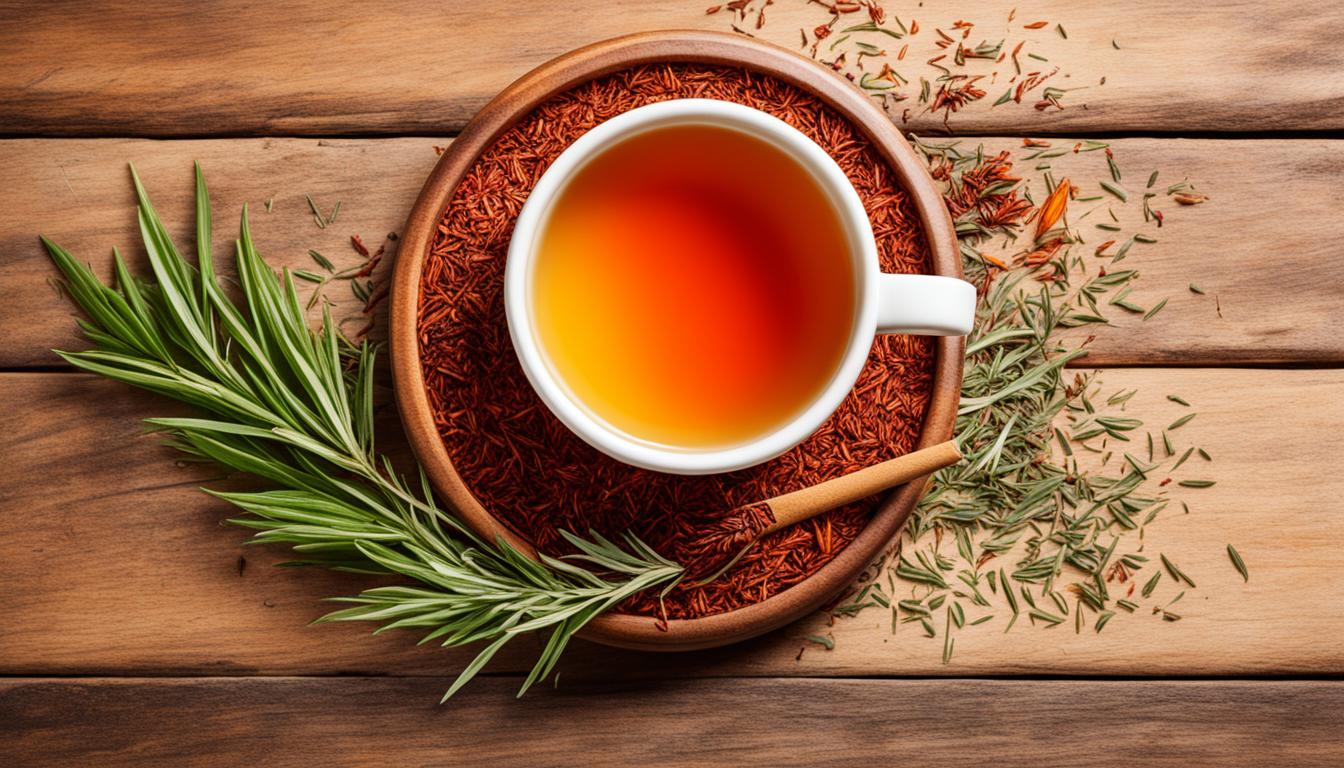

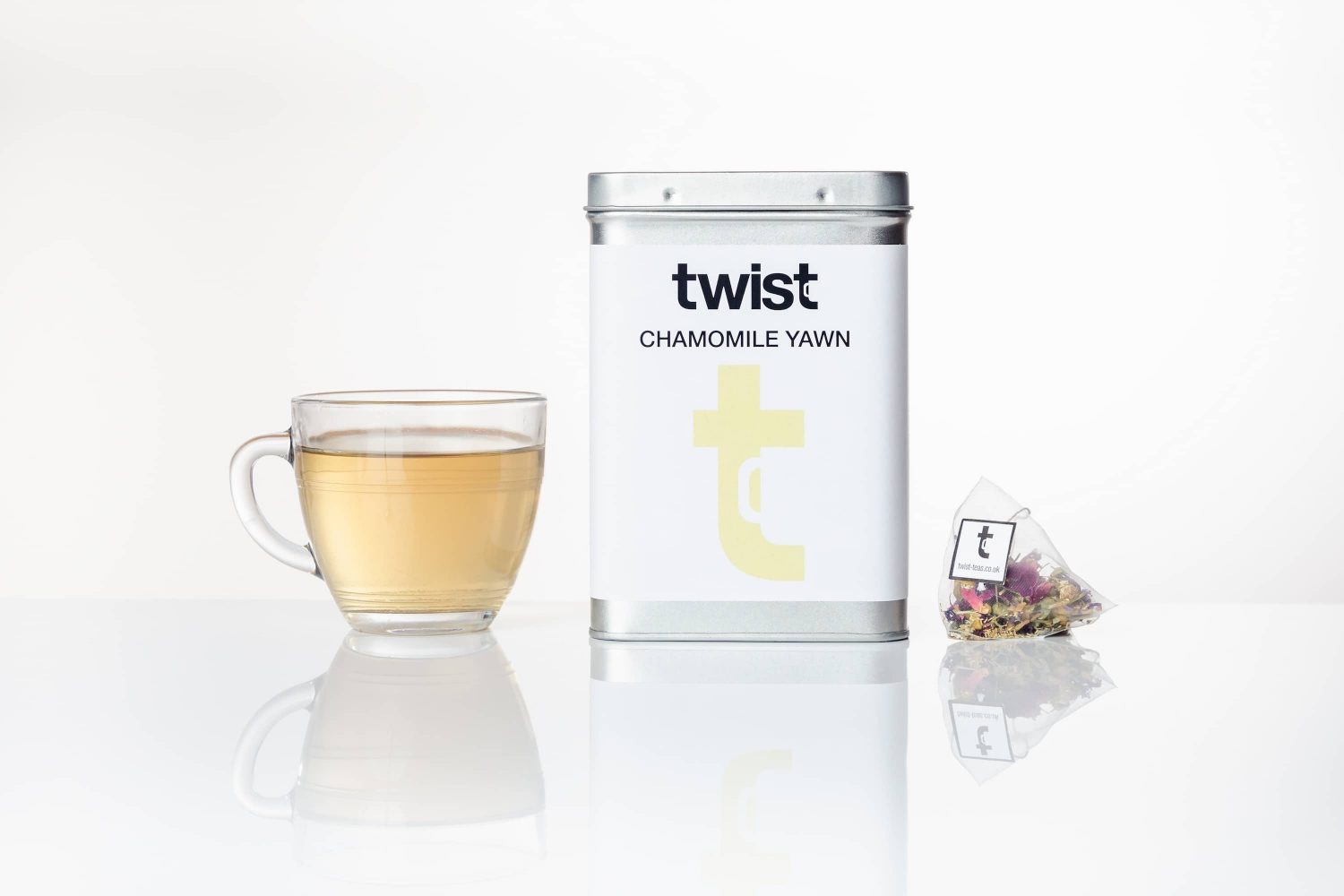







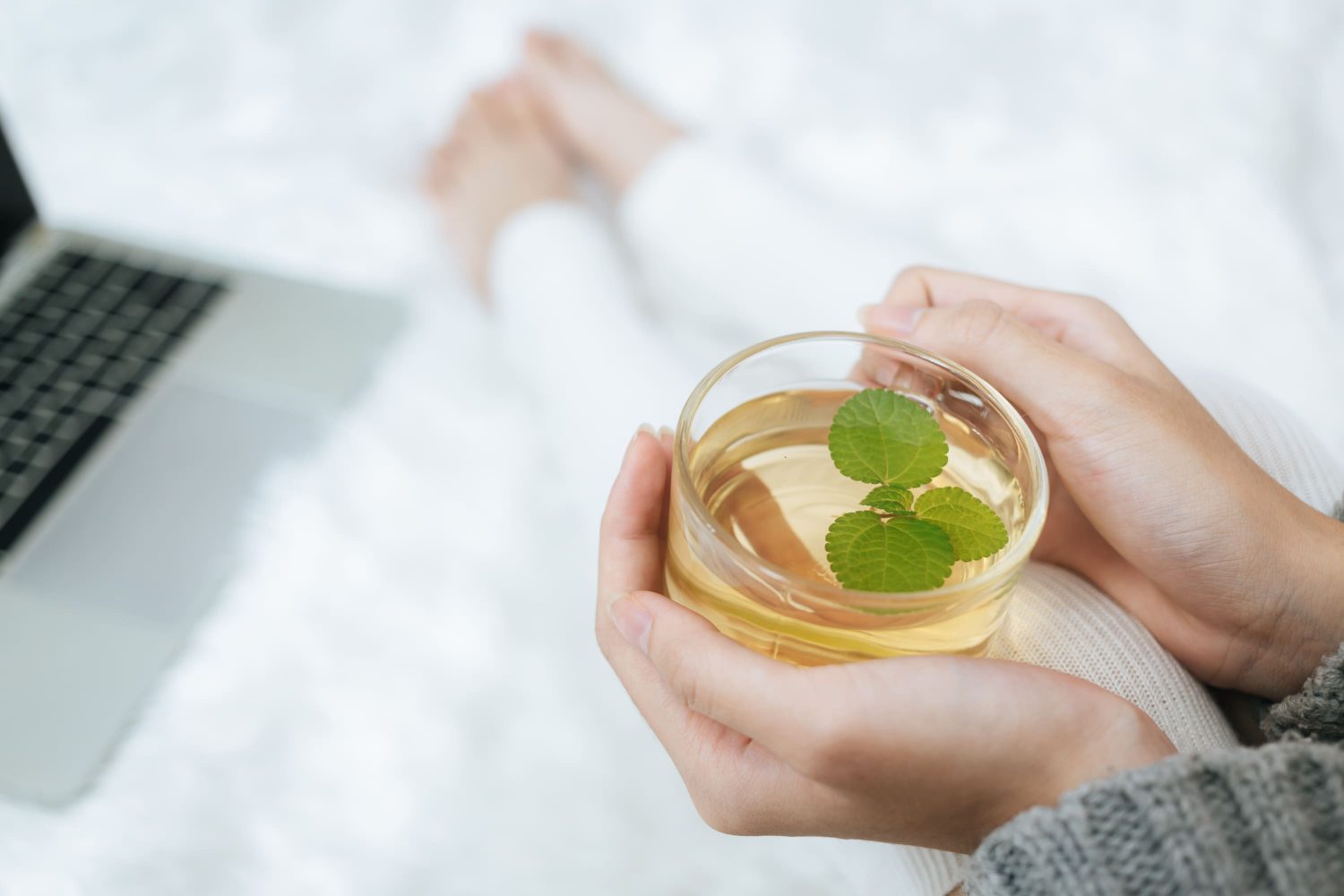

 digestive health and alleviate stress, it can be a soothing addition to your daily routine. The best part is that we have an amazing tasting 100% peppermint tea right here, our blend
digestive health and alleviate stress, it can be a soothing addition to your daily routine. The best part is that we have an amazing tasting 100% peppermint tea right here, our blend 